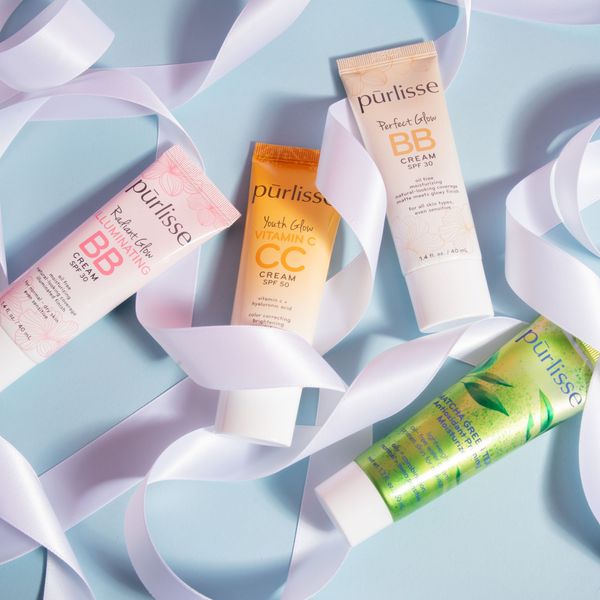Winter is Coming: The Brilliance of Mountain Dew's Partnership with HBO
Removing a brand label may be a risky move, but PepsiCo’s Mountain Dew made the calculated decision to do it for a partnership with HBO that in the run-up to Game of Thrones final season premiere. The soda company created what appears to be a plain, white can — but when it's chilled, thermodynamic ink reveals Arya's kill list. Alongside the special cans, PepsiCo ran a #ForTheThrone campaign on Mountain Dew’s social media channels to further tie into the popular show and the upcoming release of its final season.
All of the brands involved — Mountain Dew, Game of Thrones, HBO, and Pepsi — are major players with their own armies of loyalists. And yet this strategic marketing partnership brought all of them into the spotlight in a way they wouldn't have managed alone. With the hype surrounding the show’s final season, Game of Thrones doesn’t need much help building its brand. Given that, it's likely PepsiCo is paying HBO a substantial sum for the opportunity to live in the halo of excitement around the show.
Whether or not it's a paid promotion, HBO almost certainly required that the partnership be clever and unique. By calling its brandless can “A Can Has No Name” in order to play off the show’s popular quote, PepsiCo maintained the tongue-in-cheek humor associated with Mountain Dew and gave the campaign a hook that felt earned. And the partnership has resonated: the cans are already fetching over $140 on eBay as Game of Thrones fans seek to capture a piece of show history.
Discern Your Best Partner
Such an on-brand partnership can only result from understanding what makes for a strong marketing partner. To find your own, look for potential partners who likely have an audience you want to reach. If you're a smaller brand than Pepsi — which most of us are — consider potential partners that have a similar audience and a non-competing product or service.
Sometimes a correlation is obvious: think a supplement company working with a gym chain. The more niche your product, however, the more you need to consider just where you'll fit, and with who. For example, SoulCycle’s target market of aspirational, millennial women would likely have a great deal of overlap with a healthy, casual chain like Sweetgreen.
Your marketing partner should also share key values. Linked brands with opposing fundamentals create cognitive dissonance for consumers. If a gym chain partnered with an unhealthy fast food chain instead of a supplement brand, consumers would see through the artifice.
A partnership can't be a cynical ploy to snare consumers — the core mission needs to make sense. When partners' goals are dramatically different, the relationship will sour quickly. That's why a sense of alignment is key. Start out by establishing expectations for contributions, expectations, and desired outcomes right from the beginning.
Form Your Own Partnership
Even the most well-suited partners should start off with campaigns that are low cost and relatively low effort. These modest partnerships around co-branded contests or giveaways are meaningful on their own, and they set the stage for greater collaborations in the future.
You may also be able to get bigger brands involved on a local level. While a national campaign with PepsiCo is outside the scope of what most companies can achieve, many large national brands will engage in localized partnerships, especially for brick and mortar opportunities. This is an effective way to start building rapport with brands with a national presence that can ultimately lead to partnerships on a greater scale.
The partnership between Mountain Dew and Game of Thrones is already more successful than any alliance the Starks managed to concoct. You can use the masterful marketing move as an example for your own, keeping in mind the steps to finding strong partners and working with them. From there, no matter what the season, your brand makes its name.




